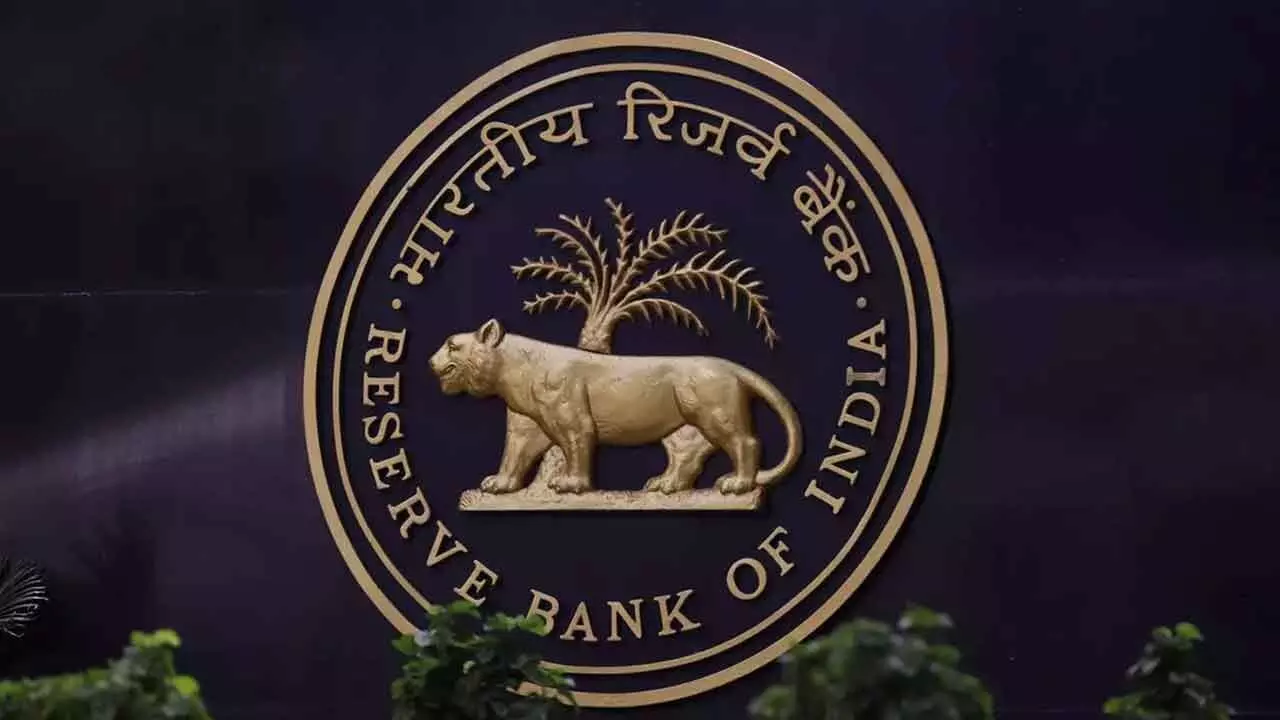RBI Bulletin: India's economy displays signs of recovery in Q3 FY25
RBI Bulletin: India's economy displays signs of recovery in Q3 FY25

In its December bulletin, the Reserve Bank of India (RBI) highlighted that the Indian economy is showing signs of recovery in the third quarter of FY25, following a slowdown in the previous quarter. According to the RBI’s monthly paper, this positive momentum is being fueled by robust festival activity, sustained rural demand, and a promising outlook for agriculture, driven by the expansion of rabi sowing.
The paper emphasized that India's economic growth is poised to pick up in the second half of FY25, primarily due to resilient domestic private consumption. Rural demand, in particular, is gaining strength, supported by record food grain production. Additionally, ongoing government spending on infrastructure is expected to further boost economic activity and investment.
Despite a slowdown in the second quarter of FY25, where India’s GDP growth dropped to 5.4%, down from 8.1% in the same period last year, the RBI remains optimistic. It pointed to the more sustainable foundations of growth, supported by an increased focus on renewable energy, electric vehicles (EVs), green hydrogen, and the establishment of a carbon market. The paper also highlighted India’s growing digitalization, which is enhancing productivity, expanding the reach of products and services, and driving investor confidence in the country’s FinTech sector.
However, the RBI also cautioned that global uncertainties, such as geopolitical tensions and rising protectionism, pose risks to India’s growth and inflation outlook. It warned that these challenges could adversely affect emerging market economies (EMEs), particularly in terms of currency and equity market volatility.
The bulletin also noted the ongoing growth-inflation dilemma, with headline inflation moderating to 5.5% in November 2024, down from 6.2% in October, primarily due to easing food prices. Despite this, inflationary pressures remain, particularly in food inflation, which was at 8.2% in November.
The RBI further pointed out that high inflation continues to undermine fixed capital formation and manufacturing growth, as businesses face rising costs and reduced consumer demand. This is leading to weak sales growth among non-financial corporations, which are struggling to create new capacity due to the erosion of purchasing power.
To address these challenges, the RBI called for decisive action to curb inflation and revive investment, especially as food prices are expected to ease during the winter. The central bank stressed that controlling inflation is crucial to ensuring the stability of India’s real economy, particularly industry and exports, while also stimulating growth.

